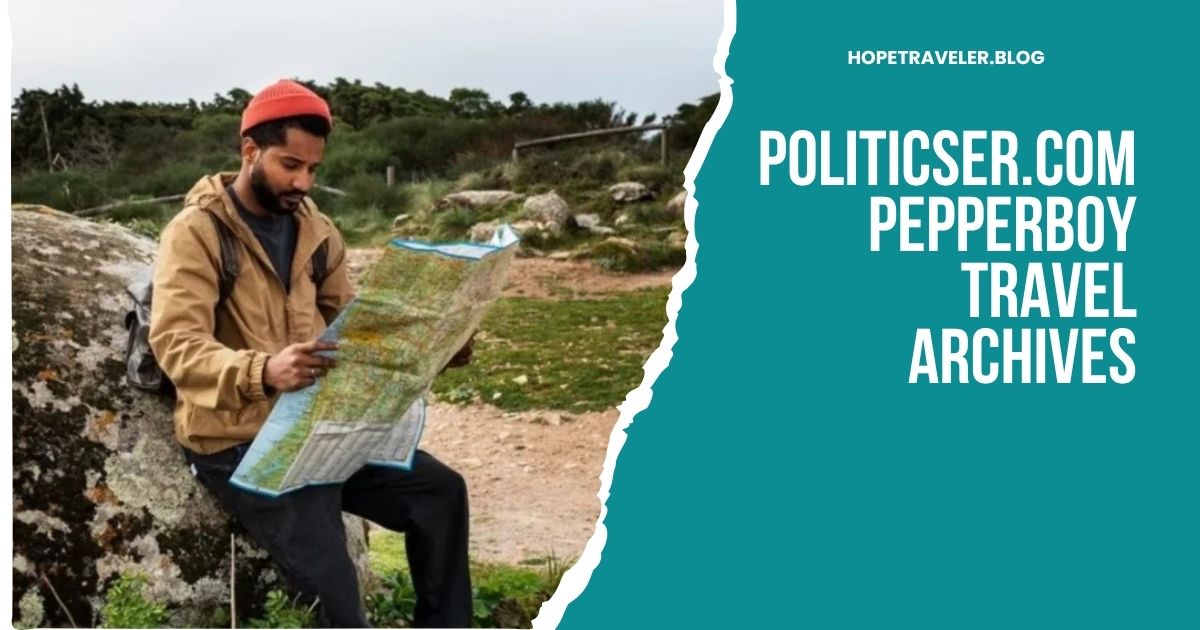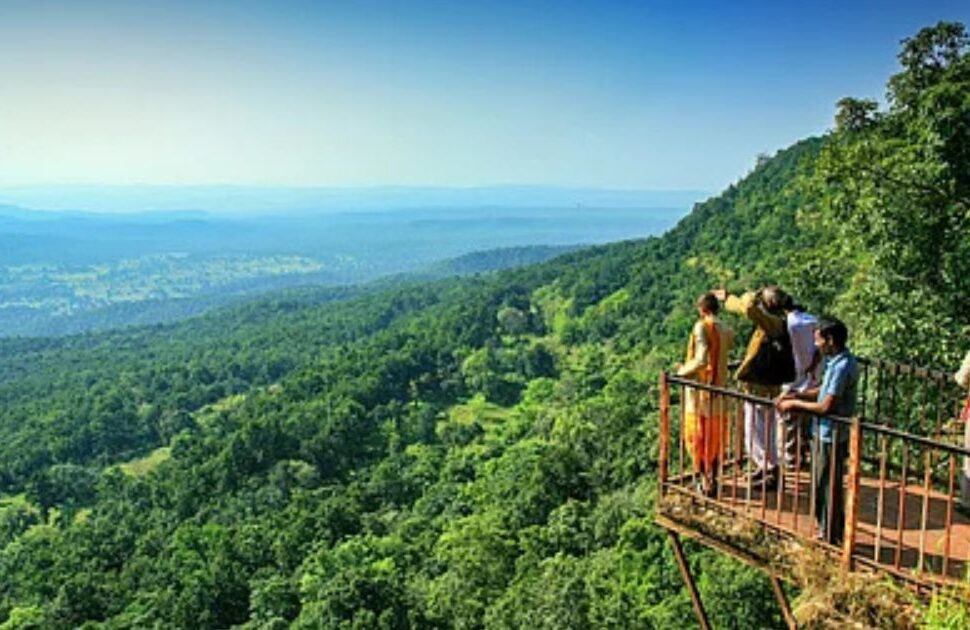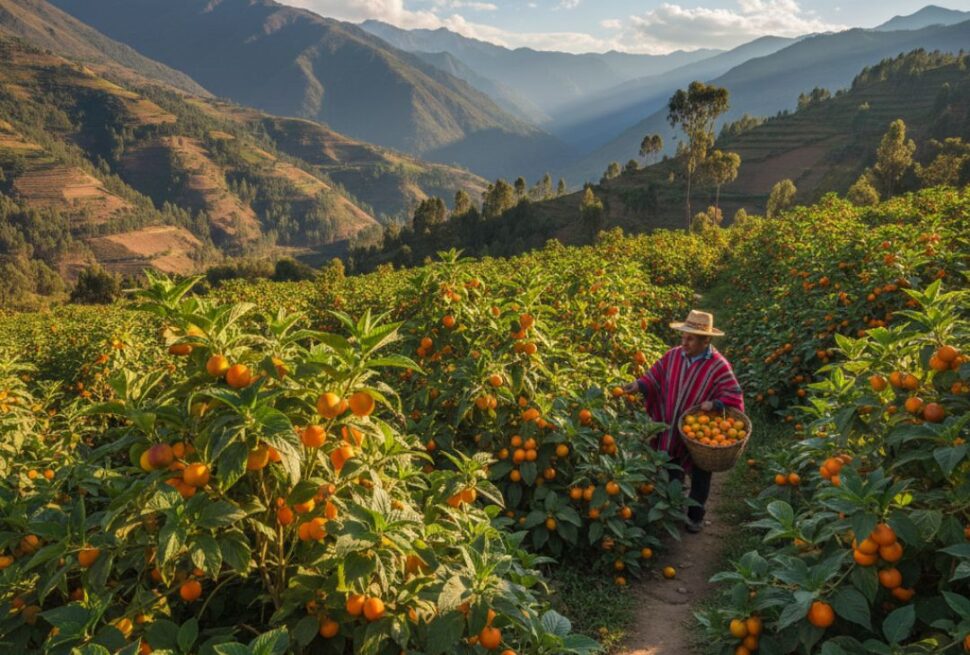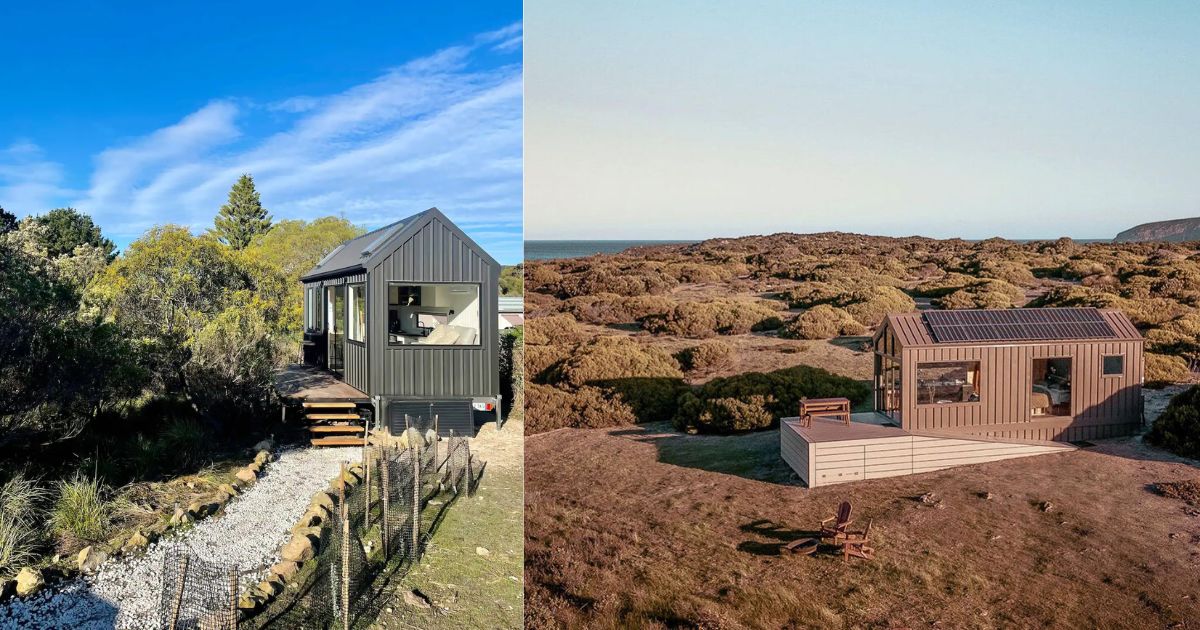Introduction
When politics and travel intersect, unique narratives emerge, often highlighting cultural insights and social dynamics that may otherwise go unnoticed. One such intriguing blend can be found in the Politicser.com Pepperboy Travel Archives, a niche digital treasure trove that merges the adventurous spirit of travel with critical commentary on political climates, global affairs, and grassroots experiences. These archives, created under the pseudonym “Pepperboy,” offer readers a vivid and opinionated journey across borders, politics, and local stories.
This article explores the essence of the Politicser.com Pepperboy Travel Archives, what makes them unique, and how they contribute to both travel journalism and political discourse.
Who is Pepperboy?
“Pepperboy” is the alias of a politically astute travel writer associated with Politicser.com, a website known for its socio-political commentary and grassroots journalism. The Pepperboy archives are essentially his travel logs — not just about where he goes, but about what he observes in relation to governance, rights, inequality, and how everyday people live under various systems.
What sets Pepperboy apart is his deep analysis of political contexts through a traveler’s lens. He doesn’t merely describe scenic views but dives into how geopolitical situations affect local communities — be it in Beirut, Caracas, or Istanbul.
Political Travel Journalism: A Rare Genre
While many travel blogs and YouTube channels focus on aesthetics, itineraries, and food, Pepperboy addresses themes that resonate with political science students, human rights activists, and culturally curious travelers. Topics like:
- Surveillance and tourism in Middle Eastern countries
- Local resistance movements in Latin America
- Post-colonial narratives in African nations
- Immigration debates across Europe
This makes the archives more than just travel logs; they are living documentation of world affairs at the ground level.
To understand this genre better, you can explore the concept of political journalism on Wikipedia.
Unique Destinations Covered in the Archives
Pepperboy doesn’t stick to mainstream destinations. Instead, he opts for places that are at the center of global conversations or have histories of socio-political turbulence.
1. Beirut, Lebanon
Beirut is frequently featured due to its complex identity: a blend of cultural sophistication and political instability. Pepperboy discusses how the 2020 explosion affected tourism and civil trust in governance. Read more about the city’s history on Wikipedia – Beirut.
2. Caracas, Venezuela
Traveling in Venezuela during economic collapse, Pepperboy reported on daily struggles like food scarcity and currency hyperinflation, giving a human face to geopolitical headlines. Wikipedia – Venezuela
3. Tbilisi, Georgia
Post-Soviet identity, NATO aspirations, and tensions with Russia make Georgia a frequent feature. Pepperboy writes extensively about how geopolitics shapes daily life in Tbilisi. Wikipedia – Georgia (country)
4. Kigali, Rwanda
The travel writer dives into Rwanda’s post-genocide transformation and how President Kagame’s policies are reshaping the country’s global image. Wikipedia – Rwanda
Travel as a Tool for Social Commentary
One of the main themes in Pepperboy’s work is how travel can be a form of protest or awareness. His writing reflects:
- Empathy: Understanding lives affected by conflict or authoritarianism.
- Solidarity: Highlighting grassroots movements and giving them a platform.
- Exposure: Bringing light to hidden injustices or overlooked triumphs.
He advocates for “witnessing travel” — visiting countries not just for leisure but to document and amplify unheard voices.
Popular Series in the Pepperboy Travel Archives
Some standout series include:
1. “Walls and Windows”:
Focused on border towns and cities, this series explores how boundaries affect human interaction and trade.
2. “Bus Stations of Power”:
A unique commentary on how public transport hubs reflect national infrastructure and political prioritization.
3. “Sundays at the Square”:
Captures weekly public gatherings or protests around central squares in cities like Algiers, Sofia, and Santiago.
Feminist and LGBTQ+ Perspectives
Politicser.com also supports intersectional narratives. Pepperboy interviews local activists, especially women and LGBTQ+ individuals, to highlight how they navigate oppressive systems or fight for change. In places like Poland, Uganda, and Saudi Arabia, these interviews reveal courage in the face of institutional adversity.
For related topics, you can refer to Wikipedia – Feminism and Wikipedia – LGBT rights by country.
Photography as Documentation
Pepperboy’s archives are not just textual. He includes powerful photography that serves as visual journalism, capturing protests, graffiti, cultural festivals, and contrasting wealth disparities. He often captions his images with subtle political commentary, blurring the lines between art and advocacy.
Ethical Concerns and Transparency
While impactful, the Pepperboy Travel Archives also raise questions about ethical travel:
- Is it safe or respectful to travel in zones of crisis?
- How do locals feel about foreigners documenting their struggles?
- Are there power dynamics at play when a foreigner writes about a conflict they’re not part of?
Pepperboy addresses these issues openly, often dedicating blog posts to self-reflection and publishing locals’ responses to his work.
Legacy and Digital Preservation
The archives continue to grow, but there’s also an effort to digitally preserve Pepperboy’s early writings. This is especially relevant in countries with strict censorship, where even online political commentary can be dangerous.
Efforts are underway to mirror the site on decentralized servers and possibly integrate it with the Internet Archive to ensure long-term availability.
Why These Archives Matter
In an era of commercialized travel content, the Politicser.com Pepperboy Travel Archives stand out for their depth, relevance, and courage. They challenge readers to think critically about the destinations they visit and to go beyond surface-level experiences.
These archives are not just for travelers — they’re essential reading for:
- Political science students
- Human rights organizations
- Independent journalists
- Cultural anthropologists
Final Thoughts
The Politicser.com Pepperboy Travel Archives exemplify how one person’s journey can contribute to global understanding and political awareness. By documenting the pulse of nations through the eyes of locals and the lens of politics, Pepperboy offers a rare, valuable, and often challenging perspective that deserves attention and preservation.
For those interested in combining travel with activism or advocacy, these archives serve as both inspiration and guide.




